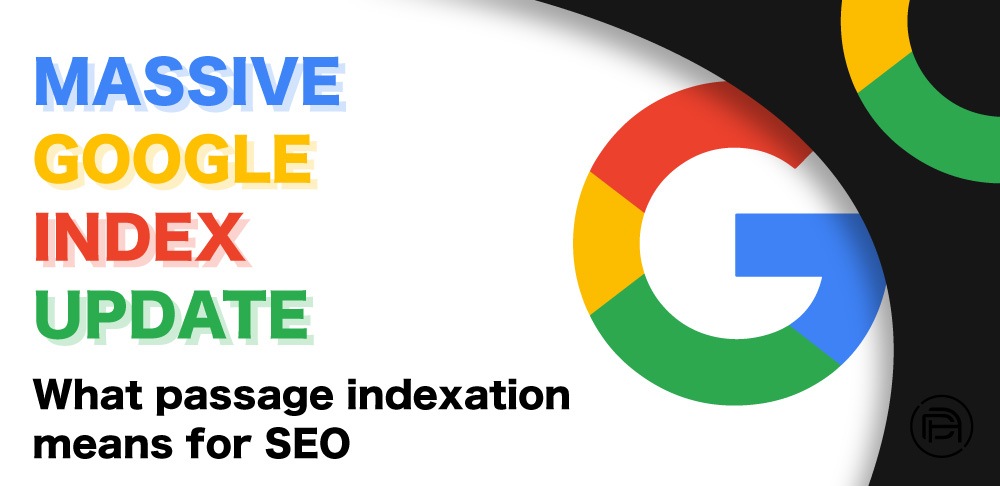The main goal that Google is constantly working towards improving is providing searchers with the most relevant result related to their queries. Over the years Google has released a number of updates to its algorithm to better match users with high-quality results including the BERT update, RankBrain, and FRED to name a few. Most recently, Google has announced that they will begin to roll out “passage indexing” for all English search queries to help serve better results for more specific searches.
What Is “Passage Indexation”?
When searching for a very specific piece of information across Google it can be hard for the search engine to match the user with an answer that’s tailored to their query because of the specificity of the search. Google aims to solve this problem with something called “passage indexation” which is where the search engine crawls specific paragraphs of a whole piece of content to determine what information is being communicated in that specific piece of text. With this, Google can then serve the user with the specific paragraph in an article that matches their query without the user having to sift through the whole piece of content in order to find it.
Although it’s called “passage indexation” this does not mean that Google is actually indexing paragraphs from a whole content piece separately. The piece itself will still be indexed as usual however, Google is taking a deeper dive into what each paragraph is actually communicating to better understand what part of the content it should be serving to the user.
How Does This Affect Rankings?
Passage Indexation is going to be affecting rankings more than it will the actual indexation of a page. As this update first rolls out it will be affecting about 7% of search queries however, that number is expected to increase in 2021. Depending on the quality of your content this update could either hurt or help your rankings. If your website is displaying clear and concise quality content with useful information in each passage this could serve to increase your rankings for more specific queries in which it was not previously ranking for, however, if your content is keyword heavy and more targeted towards search engines rather than the user you could see dips in your rankings once this update is rolled out.
The golden rule here is that when creating content for a website you should always be targeting the user with meaningful, long-form content and Google will always favor your page to be ranked higher. As Google continues to make strides towards more relevant results this rule will only be magnified and creating quality content now will always serve to increase your rankings in the future.
What Does This Mean For SEO?
This new update means a few different things for SEO. Firstly, following the zero-click search trend, the way that Google will display the information in your passage to the user on the SERP will be in a “featured snippet” format meaning that the user won’t have to actually visit the webpage to view the information that they desire. This places more of an importance on monitoring impressions in Google Search Console to identify which pieces of content are ranking for passage indexation.
Additionally, this could possibly mean that header tags will play more of an importance in summing up the information in specific passages in a piece of content. There is no exact answer from Google as to if this is a fact, however, one can infer that the search engine will be taking a closer look at H2’s and H3’s to determine the meaning of a section of content.
Lastly, as search engines become more useful at matching the search intent of the user, this could lead to higher search volume for more niche keywords as well as more relevant traffic to your site.
Moving Forward
As Google places more of an emphasis on natural language processing when crawling and ranking content on a website it becomes crucial that the purpose of your content is to serve the user with digestible information. Websites that only create content to be ranked higher for a specific keyword or search query will be weeded out by Google and will see significant drops in their rankings.
For brands, the main focus should be providing users with meaningful information in your content that seeks to inform. This is the type of content that’s seeing massive benefits from Google’s algorithm updates in terms of rankings and traffic to the website. The content you output should be organized into paragraphs based on a main idea in order to have the best chance of your passage being shown for a specific search query. The key takeaway, in order to capitalize on these algorithm updates, is to always write content for the benefit of the user and not for the algorithm.
Erin Gerety, SEO Analyst at Direct Agents
Interested in learning more? Email us at [email protected]

